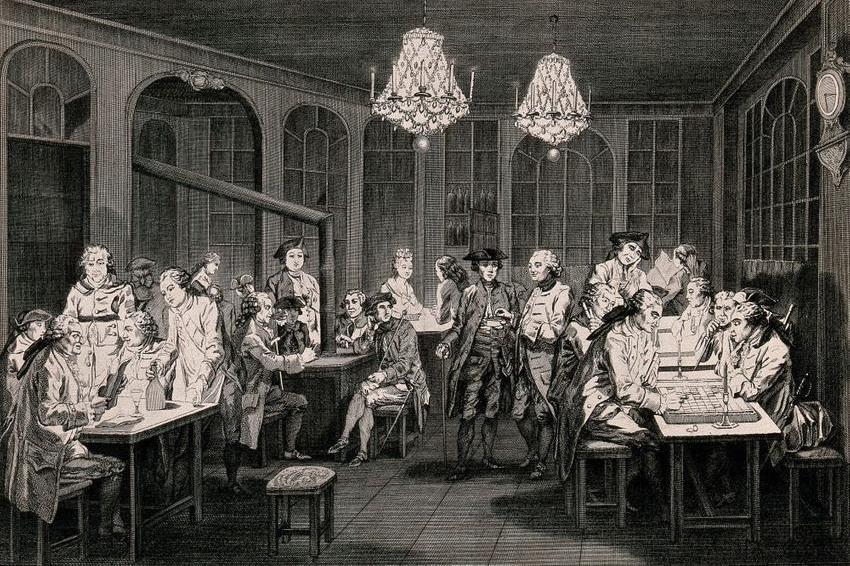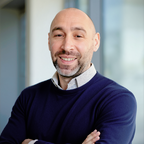Last autumn we launched an initiative to consider the potential to create an ethical framework for ITI members. Our first event was an open discussion meeting hosted by Dr Joseph Lambert which helped us to identify the range of topic areas that we want to explore in more detail.
We have now fashioned these ideas into a programme and invited a range of experts and other stakeholders to help us to host this series of open discussions. We now invite members and others with an interest in ethics to join the debates, with the aim of generating the core principles that will form our ethical framework.
We have called this space for conversations about ethics the ITI Coffee House following the spirit of the coffee houses of the eighteenth century where the Enlightenment was born. The aim is for conversations to be informal and free-flowing and for participants to contribute rather than just to listen.
This session will be focused on wellbeing and self-care resources.

If you are interested in shaping the debate about translation and interpreting ethics then come along and contribute to our work. We really want to hear from the professionals who are making ethical decisions in their daily working lives to ensure that we create an ethical framework that meets your needs.
Please note that the Coffee House sessions take the format of a short scene-setting presentation followed by discussion, and may include small group discussions in breakout rooms depending on the numbers attending. We expect attendees to participate in the discussions and we ask that you only book a place if you are committed to attending.




